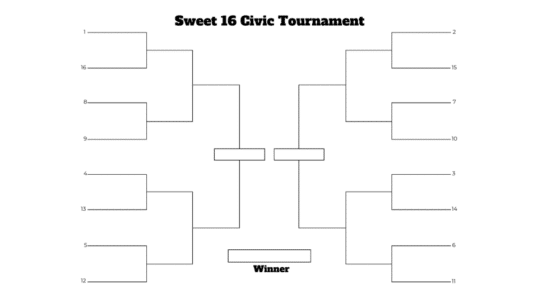Life imitates art, or so they say. But not always. At least not completely. Take the story of Chicken Little. True, we’ve got no shortage these days of Chicken Littles. It’s hard to turn around without bumping into a Chicken Little leading a parade of experts, pundits, and well-meaning officials—all proclaiming the sky is falling (or at least heating up in a dire way). But there’s a big difference between our Chicken Littles and the storybook version: we end up believing ours. Chicken Little’s still around. But he’s had a makeover. It’s as if adult citizens have forgotten an elementary lesson from childhood.
Shouldn’t we know better? –Not really. Children learn from the story of Chicken Little not to trust hysterical types because the sky can’t really be falling. But financial structures really can implode, health care systems really can fail in catastrophic ways, and widespread climate change really can threaten the very stability of the biosphere. So we’re actually right to trust our Chicken Littles. The problem is not that we believe them. The sad thing is that we need them in the first place.
The only way to do away with the need for real life Chicken Littles is to do away with the crises that make them worth listening to. We certainly need immediate answers to the profound problems we face now. But as we work to address them, we should also be working toward developing our capacity to anticipate social problems and concerns before they reach crisis proportions. Even as we meet the crises of our time, we should have our sights set on an even bigger goal: ending “governance by crisis” once and for all.
This will only happen if we succeed in weaving a capacity for anticipation into the very fabric of our institutions and culture. Anticipation must come to complement muddling through, incrementalism, and day-to-day problem-solving.
Where to start? It may be possible to begin right where you are, with the IF Discussion Process, which was intentionally developed to help guide future choices about emerging social concerns. The focus of the Process is the careful exploration and development of “contrasting possibilities” for public policy. It is therefore forward looking through and through. The Process is systematic, well documented, and supported with instructional materials. Most important, lay persons, experts, and students in many different fields have found it useful. This suggests that the Process can be adapted to a wide variety of settings, both inside government and out.
Have a look at the IF Discussion Process. It won’t fix today’s problems, but it may well put Chicken Little in his place by banishing the word “crisis” from the American political vocabulary.



